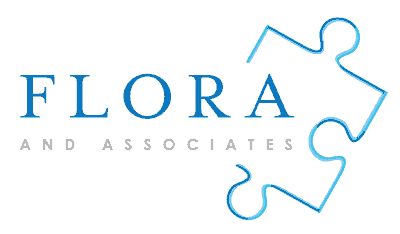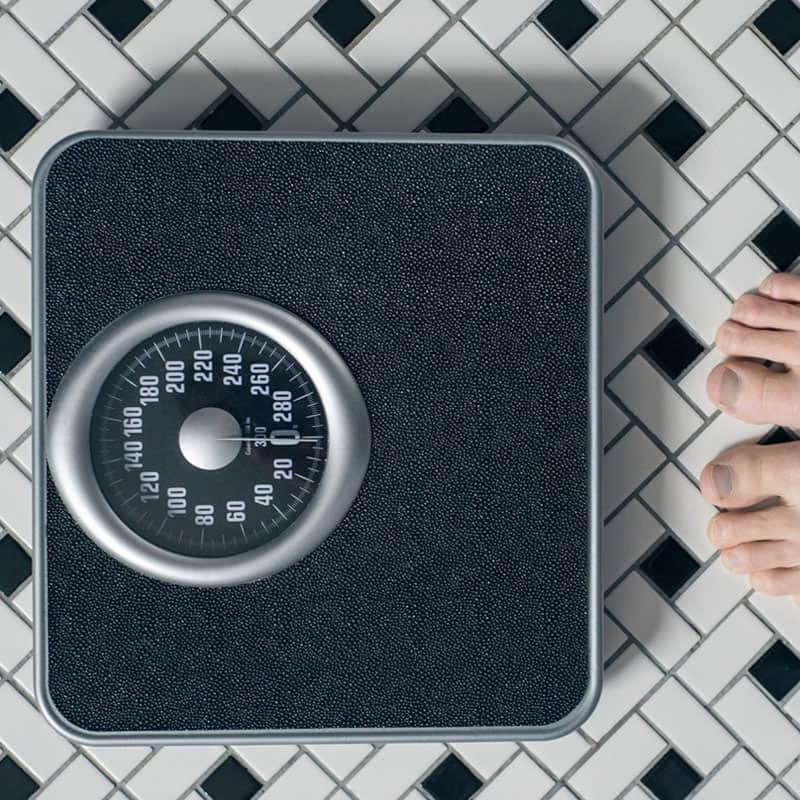Eating Disorder Awareness Week
Eating Disorder Awareness Week
Eating disorders- including anorexia, bulimia, and binge eating disorder — are serious emotional and physical conditions that can have life-threatening consequences for both females and males. Eating disorders are manifested in extreme emotions, beliefs and behaviors surrounding weight and food issues. According to the NADA (National Association of Anorexia and Nervosa and Associated Disorders) “24 million people of all ages and genders suffer from an eating disorder (anorexia, bulimia and binge eating disorder) in the U.S.”. While eating disorders tend to begin with preoccupations with food and weight, they often involve much more. Often a variety of physical, emotional, social issues, all of which need to be addressed for effective prevention and treatment. Interestingly, eating disorders often occur along with other psychiatric disorders such as anxiety, panic, obsessive compulsive disorder, and alcohol and drug abuse problems. It is imperative that individual with these disorders seek treatment for not only the physical symptoms but the surrounding emotional support needed for maintenance and recovery.
How does the Recovery Process work?
For those with eating disorders, understanding the relationships between thoughts, emotions and actions is essential. Once these relationships are understood, the impacted individual can learn how to change the way they think. Specifically this entails replacing the negative thoughts and emotions which have led to abnormal food and eating behaviors with more positive ones that will lead the individual back to a healthy lifestyle. The process requires a lot of practice, therapy and coaching from the right mental health professionals. In fact, the road to recovery can take several weeks/ months of tracking thoughts, feelings and food and eating behaviors. Often therapists will ask individuals to keep a journal or food diary to more accurately record their thoughts, feelings and actions towards food and eating during a given period of time.
Art therapy is a clinically proven, successful expressive eating disorder therapy that promotes healing and recovery. Using the imagination, art therapy employs the creation of art to address and resolve emotional and physical issues. When art therapy is used as a treatment, the act of creating is given more focus and importance than the completed work of art. However, the final piece of artwork often reveals valuable insights to the client.
Art therapy is not a “magic bullet” cure for eating disorders. However, when used as an integral part of a balanced and well guided treatment plan, it often leads to lasting, positive results. Truly, art therapy can be the “stroke of brilliance” that makes a profound difference on the road to recovery.

